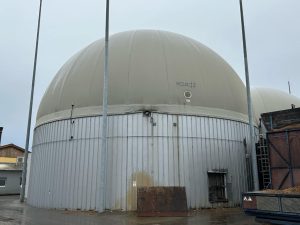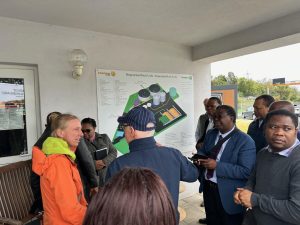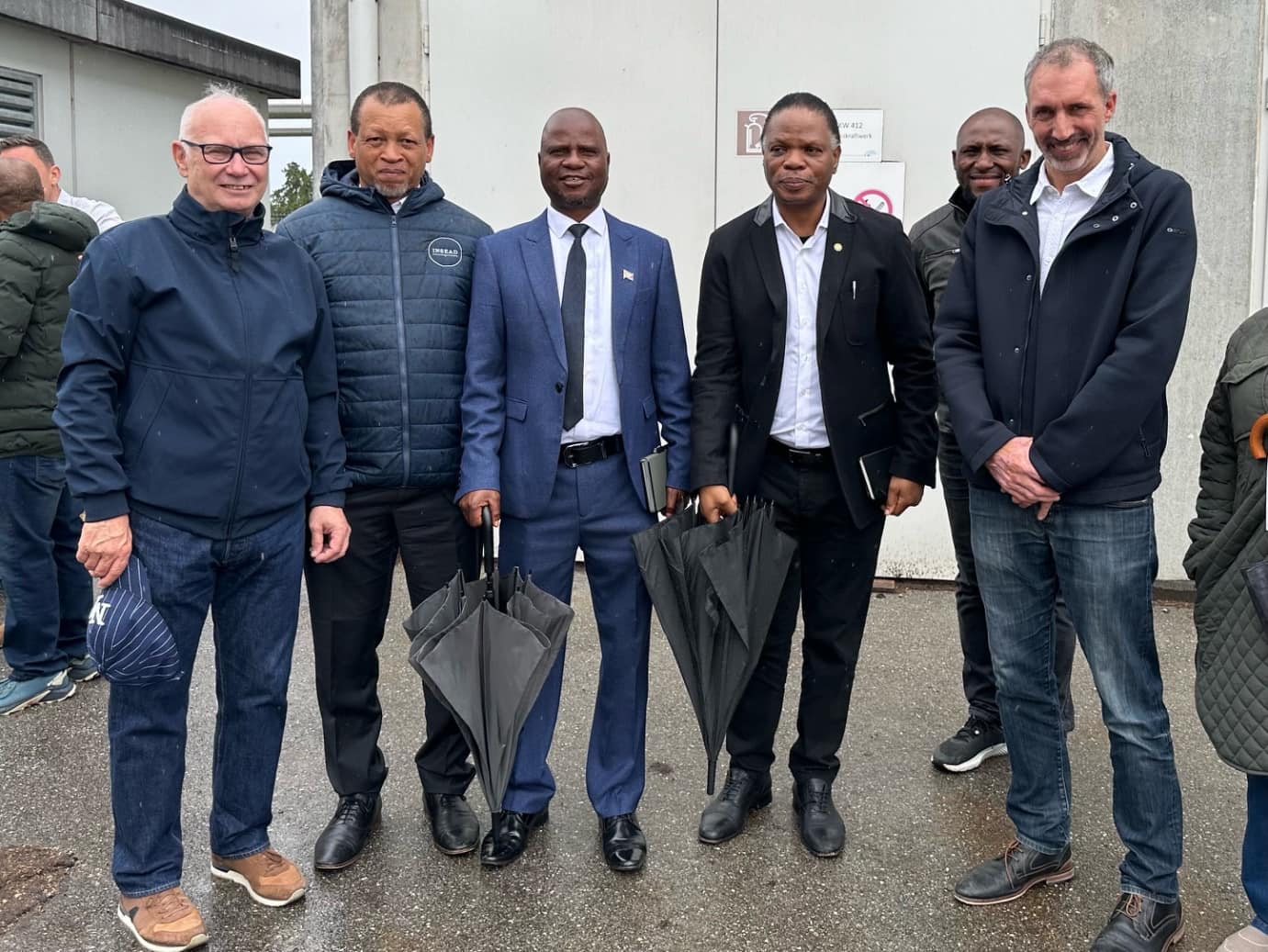By Lwazi Dlamini
The Government of the Kingdom of Eswatini is exploring proven waste-to-green-energy technologies that could potentially generate agro-based by-products and biomethane gas, to fuel economic growth and support a transition to renewable energy.
Eswatini’s delegation in Vienna, Austria led by Minister of Natural Resources and Energy HRH Prince Lonkhokhela and Minister of Agriculture Mandla Tshawuka has embarked on a field study visit to two Biogas plants in Austria’s Vienna Energy Industrial Park.
RELATED: Gas exporting group sees tight global LNG markets until 2026
According to the government website, the mission is focused on cleaner energy and job creation.
“The primary objective of the visit was to explore proven waste-to-green-energy agro-based by-products and biomethane gas, fueling economic growth and supporting a transition to renewable energy in Eswatini,” reads part of the statement.
The delegation, which included senior government officials from the Ministry of Agriculture, Ministry of Natural Resources and EEC toured the state-of-the-art EVM Bioenergie GMBH and Energiepark Bruck/Leitha facilities.

Both plants showcased the successful conversion of organic waste into electricity, biogas, heat and biofertilizer, demonstrating an unwavering commitment to sustainable waste management and renewable energy production.
According to the statement on the website, the Eswatini delegation gained valuable insights into the potential of using similar technology to create job opportunities in the agricultural and energy sectors using the Bana (Napier) grass.
“The team was guided by the CEO of Energiepark Bruck/Leitha, who shared their expertise and experience in implementing and operating waste-to-energy solutions.
This collaborated effort provides a foundation for Eswatini to develop and economic growth and environmental sustainability in the country,” reads the statement in part.
The Biogas Plant at Bruck/Leitha exemplifies the incredible potential for waste-to-energy solutions. Since 2004,
RELATED: Indigenous Australians file human rights complaint with pension funds over Santos gas projects
this innovative facility has been transforming organic waste into biogas, electricity and heat through a highly efficient anaerobic digestion process.
In 2014, it was further upgraded to produce 100% biomethane, which is injected into the gas grid.
The facility employs a high-energy cycle where the remaining fermentation substrate is used as fertilizer in agriculture, creating a closed-loop system that is both environmentally sustainable and economically viable.

The Eswatini delegation was welcomed on the first day of the tour by Vice Minister Nikolaus Marschnik of the Federal Ministry of the Republic of Austria.
In a closed-door session, they discussed biogas production technology transfer and future collaboration opportunities between the two countries.
The successful outcome of this study tour could lead to new developments in Eswatini’s energy sector, including increased power generation capacity, agricultural productivity, and employment opportunities.


